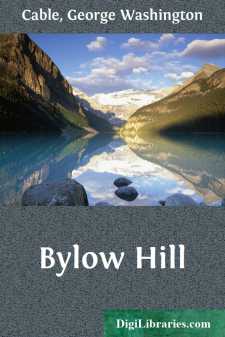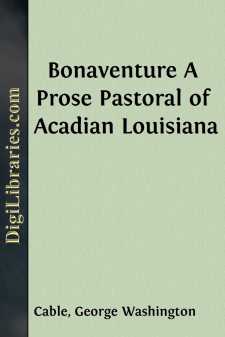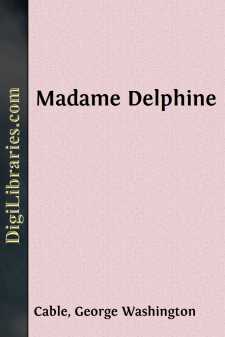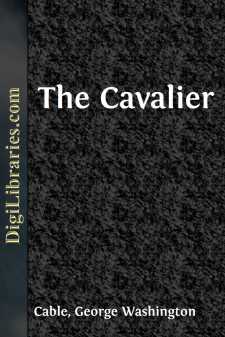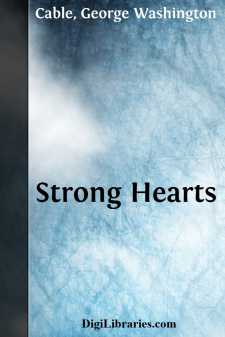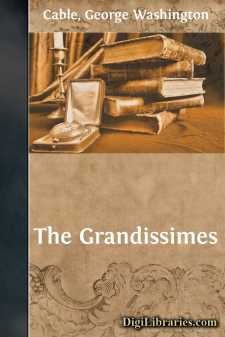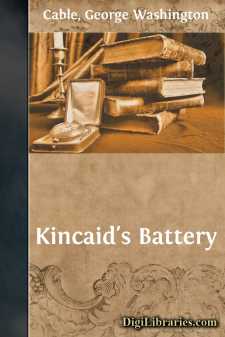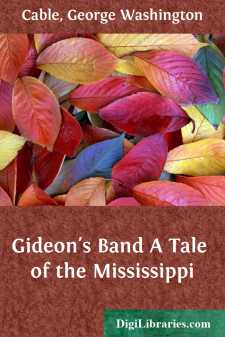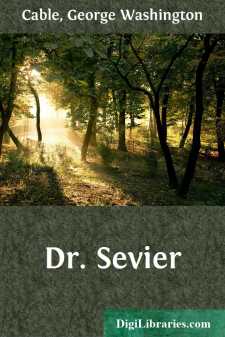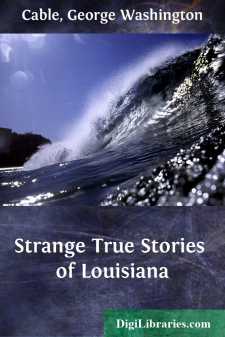Categories
- Antiques & Collectibles 13
- Architecture 36
- Art 48
- Bibles 22
- Biography & Autobiography 813
- Body, Mind & Spirit 142
- Business & Economics 28
- Children's Books 16
- Children's Fiction 13
- Computers 4
- Cooking 94
- Crafts & Hobbies 4
- Drama 346
- Education 46
- Family & Relationships 57
- Fiction 11829
- Games 19
- Gardening 17
- Health & Fitness 34
- History 1377
- House & Home 1
- Humor 147
- Juvenile Fiction 1873
- Juvenile Nonfiction 202
- Language Arts & Disciplines 88
- Law 16
- Literary Collections 686
- Literary Criticism 179
- Mathematics 13
- Medical 41
- Music 40
- Nature 179
- Non-Classifiable 1768
- Performing Arts 7
- Periodicals 1453
- Philosophy 64
- Photography 2
- Poetry 896
- Political Science 203
- Psychology 42
- Reference 154
- Religion 513
- Science 126
- Self-Help 84
- Social Science 81
- Sports & Recreation 34
- Study Aids 3
- Technology & Engineering 59
- Transportation 23
- Travel 463
- True Crime 29
Bylow Hill
Categories:
Description:
Excerpt
I
RUTH AND GODFREY
The old street, keeping its New England Sabbath afternoon so decently under its majestic elms, was as goodly an example of its sort as the late seventies of the century just gone could show. It lay along a north-and-south ridge, between a number of aged and unsmiling cottages, fronting on cinder sidewalks, and alternating irregularly with about as many larger homesteads that sat back in their well-shaded gardens with kindlier dignity and not so grim a self-assertion. Behind, on the west, these gardens dropped swiftly out of sight to a hidden brook, from the farther shore of which rose the great wooded hill whose shelter from the bitter northwest had invited the old Puritan founders to choose the spot for their farming village of one street, with a Byington and a Winslow for their first town officers. In front, eastward, the land declined gently for a half mile or so, covered, by modern prosperity, with a small, stanch town, and bordered by a pretty river winding among meadows of hay and grain. At the northern end, instead of this gentle decline, was a precipitous cliff side, close to whose brow a wooden bench, that ran half-way round a vast sidewalk tree, commanded a view of the valley embracing nearly three-quarters of the compass.
In civilian's dress, and with only his sea-bronzed face and the polished air of a pivot gun to tell that he was of the navy, Lieutenant Godfrey Winslow was slowly crossing the rural way with Ruth Byington at his side. He had the look of, say, twenty-eight, and she was some four years his junior. From her father's front gate they were passing toward the large grove garden of the young man's own home, on the side next the hill and the sunset. On the front porch, where the two had just left him, sat the war-crippled father of the girl, taking pride in the placidity of the face she once or twice turned to him in profile, and in the buoyancy of her movements and pose.
His fond, unspoken thought went after her, that she was hiding some care again,—her old, sweet trick, and her mother's before her.
He looked on to Godfrey. "There's endurance," he thought again. "You ought to have taken him long ago, my good girl, if you want him at all." And here his reflections faded into the unworded belief that she would have done so but for his, her own father's, being in the way.
The pair stopped and turned half about to enjoy the green-arched vista of the street, and Godfrey said, in a tone that left his companion no room to overlook its personal intent, "How often, in my long absences, I see this spot!"
"You wouldn't dare confess you didn't," was her blithe reply.
"Oh yes, I should. I've tried not to see it, many a time."
"Why, Godfrey Winslow!" she laughed. "That was very wrong!"
"It was very useless," said the wanderer, "for there was always the same one girl in the midst of the picture; and that's the sort a man can never shut out, you know. I don't try to shut it out any more, Ruth."
The girl spoke more softly. "I wish I could know where Leonard is," she mused aloud....


